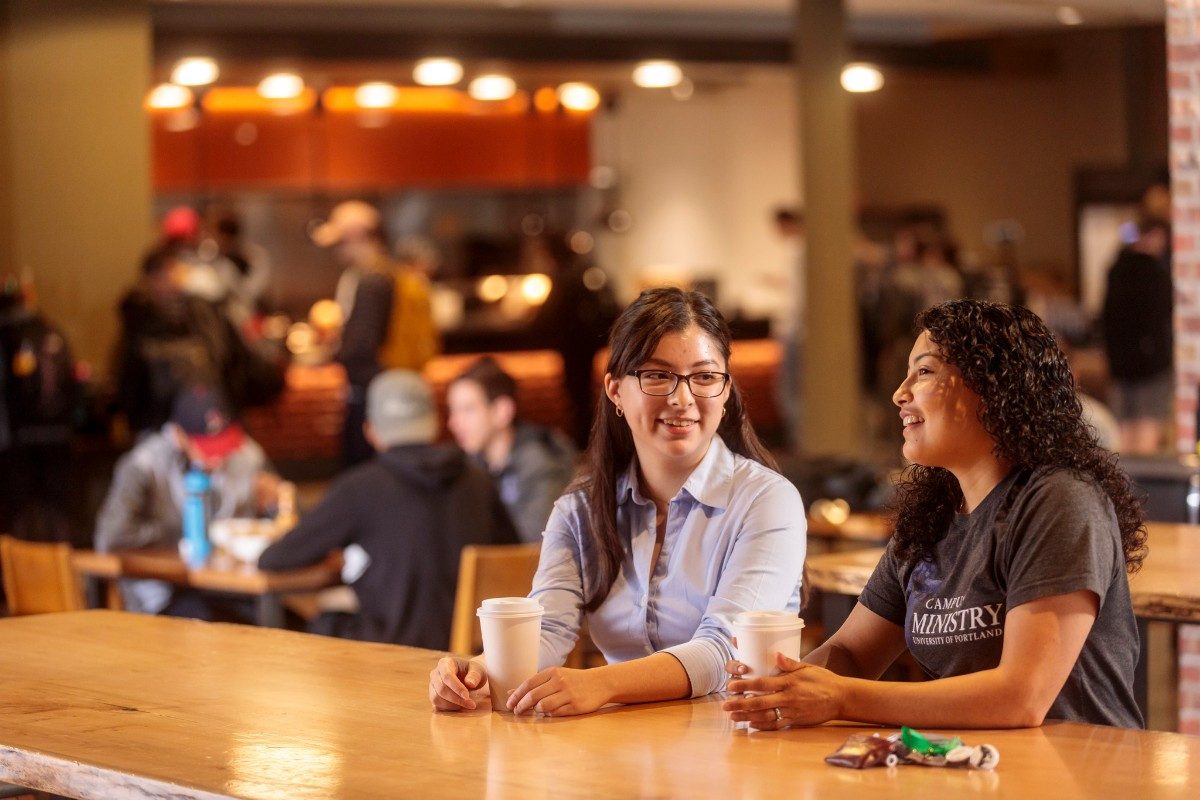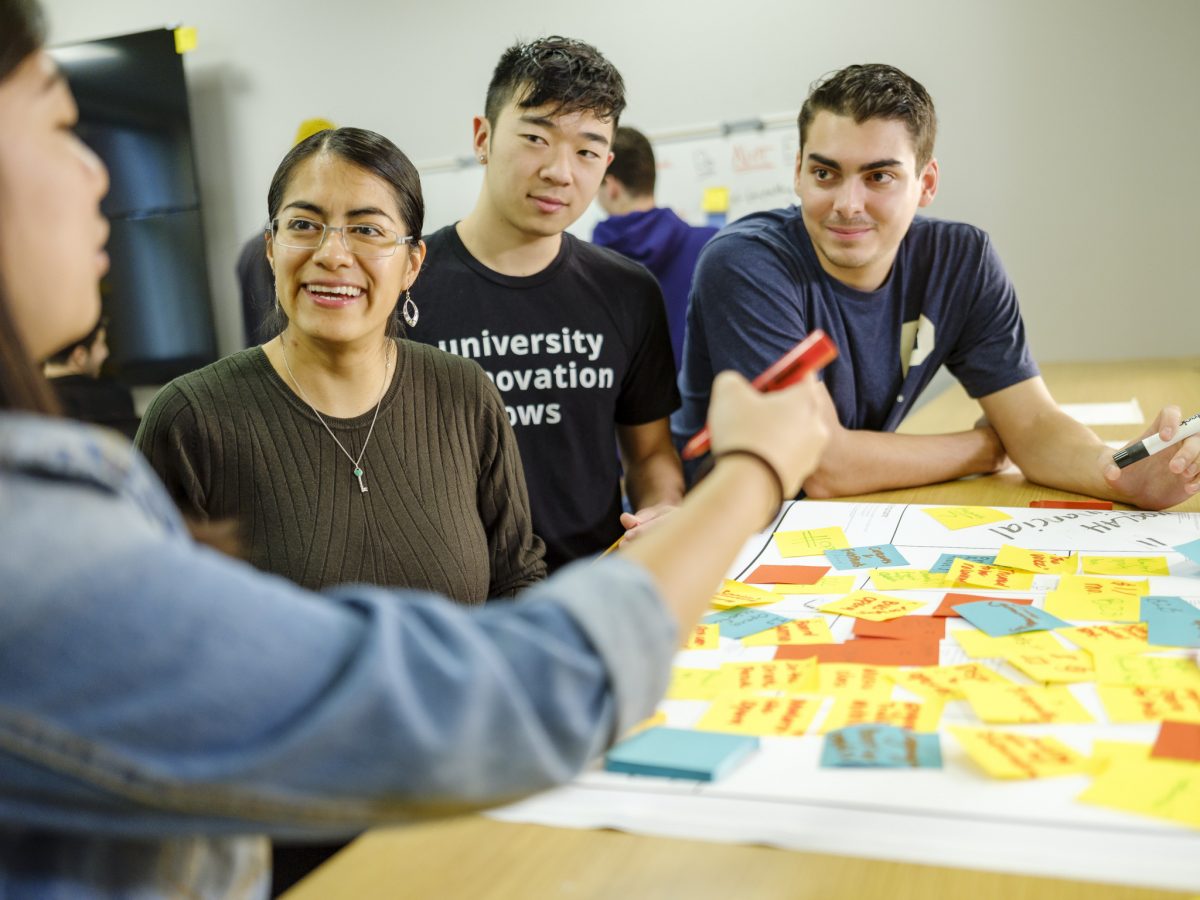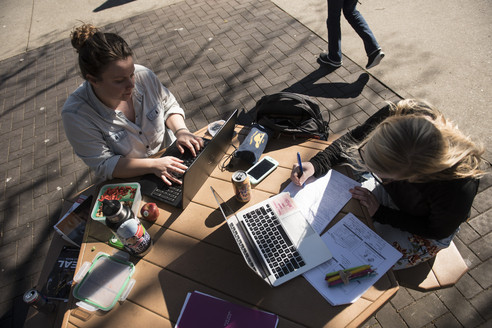How do I get my books for the Spring 2021 Semester?
The UP Bookstore is here and working to get students their Spring books. Simply place an order at our website. Students can also find out what course materials they need by looking at their schedule in Self Serve Banner and then entering their courses here. Shipping is free with a $49 order minimum. We are shipping daily! Please keep in mind that UPS does not deliver to a PO Box, so make sure you enter a valid street address.
When should I order my books?
Students should order their books as soon as possible. Even though we are shipping daily, transit times will vary based on your location. Ordering early will also help with any unexpected shipping delays or inclement weather.
What if I have already placed a pick-up order for my books?
If you have already placed an order to be picked up, and you do not live locally, simply call or email the Bookstore and someone will assist you in updating your order.
I live locally. Do I still have to have my books shipped to me?
No. The Bookstore will be opening on January 11. Please verify our hours on our website before you visit. You will be able to pick up your order once you receive the final confirmation email. Please be aware that your email account may automatically filter emails from the UP Bookstore. Be sure to set your account to accept emails from the Bookstore and check your spam file for any missed emails.
We are requesting all customers wear a mask, practice social distancing while inside the Bookstore, and observe occupancy limits.
Can I still get used books and rental books?
Yes, used and rental books are available. Please order early for your best chance at used books.
More questions?
Please contact us directly at 503.943.7125 or via email at sm796@bncollege.com.




